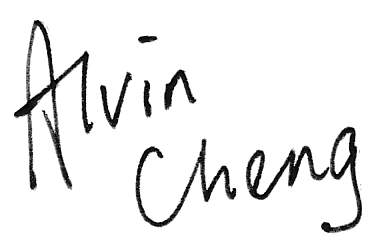On the myths of writing
Writing should be a part of life for everyone, especially if you are not good at it and even a professional author.
When we are studying, we are always told to make sure there is no typo or wrong grammar. Ensure an article with structure and logic blah blah blah. Setting a high bar can discourage a lot of people to write. If one doesn’t write, how can he/she have good pieces?
An outstanding publication is just one of the many purposes or goals of writing. With the introduction of instant messaging like WhatsApp and Signal as well as social media like Instagram and Facebook, we are writing more frequently. The only problem is that we never look back what we wrote.
No pieces of writing are inferior. They are the ideas which can be used for further elaboration to become a series of articles. A series of articles may contribute to a book someday!
What the school teaches is just partly correct: thinking of a great topic first (or be given a topic designated by a teacher or in an examination), brainstorming with bullet points and putting them into paragraphs within an hour. Sometimes it works, but most of the time you have become a machine in order to produce a piece as efficient as possible. Not actually writing.
Writing is not only the end, but also an important process for you to learn a language, record ideas that I thought suddenly, clarify what I am struggling at the moment, take note of my observations, learn from the lessons, and you name it.
English is not my native language, but that doesn’t prevent me from writing so that I can practise and improve more.
Besides text messages and posts/stories on my social media, I also write on my note taking app. Various ideas may be connected to each other someday to become an article on my blog.
In short, you don’t need to be a talent first, but start from small and create a positive loop:
Record your sudden thoughts or observations.
Write on the go instead of forcing yourself to sit in a room for two hours. In addition to paper notebooks and your computer, your smartphone is also a good companion.
No need to have professional tools: simple tools like Apple Notes, Google Keep or plain text editors.
Read what you wrote. You may have more ideas and find how to connect them.
Write for yourself first. Don’t worry about social recognition/expectations, algorithms or grammar, as no one is born to write well. Feeling satisfied will motivate you to keep writing, and improvement, creativity and productivity will follow.

